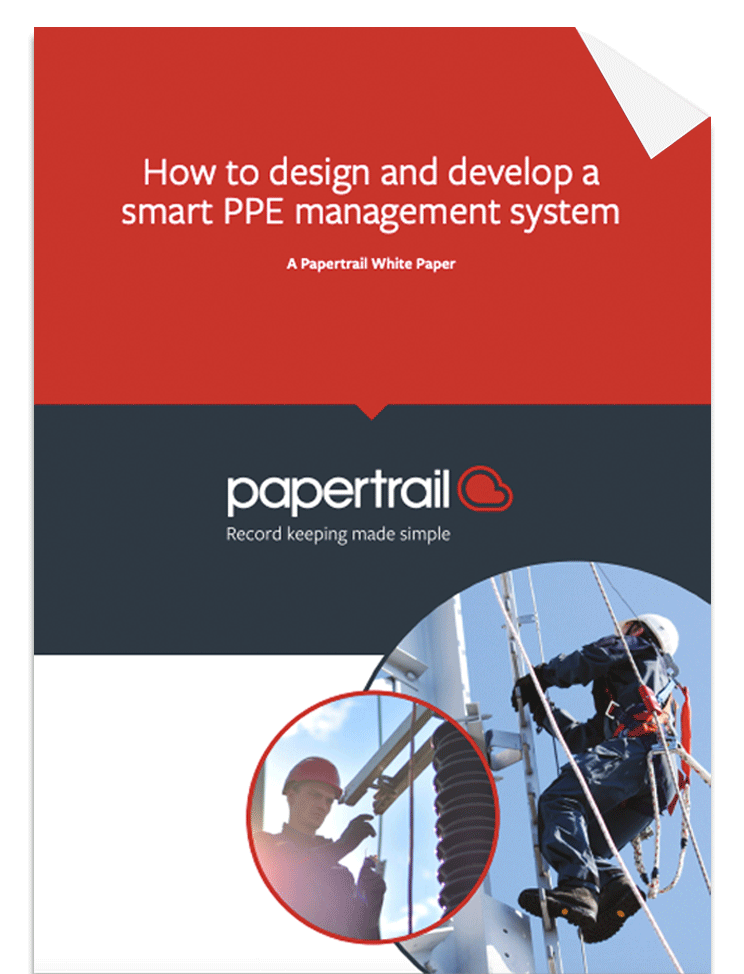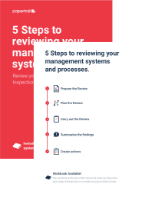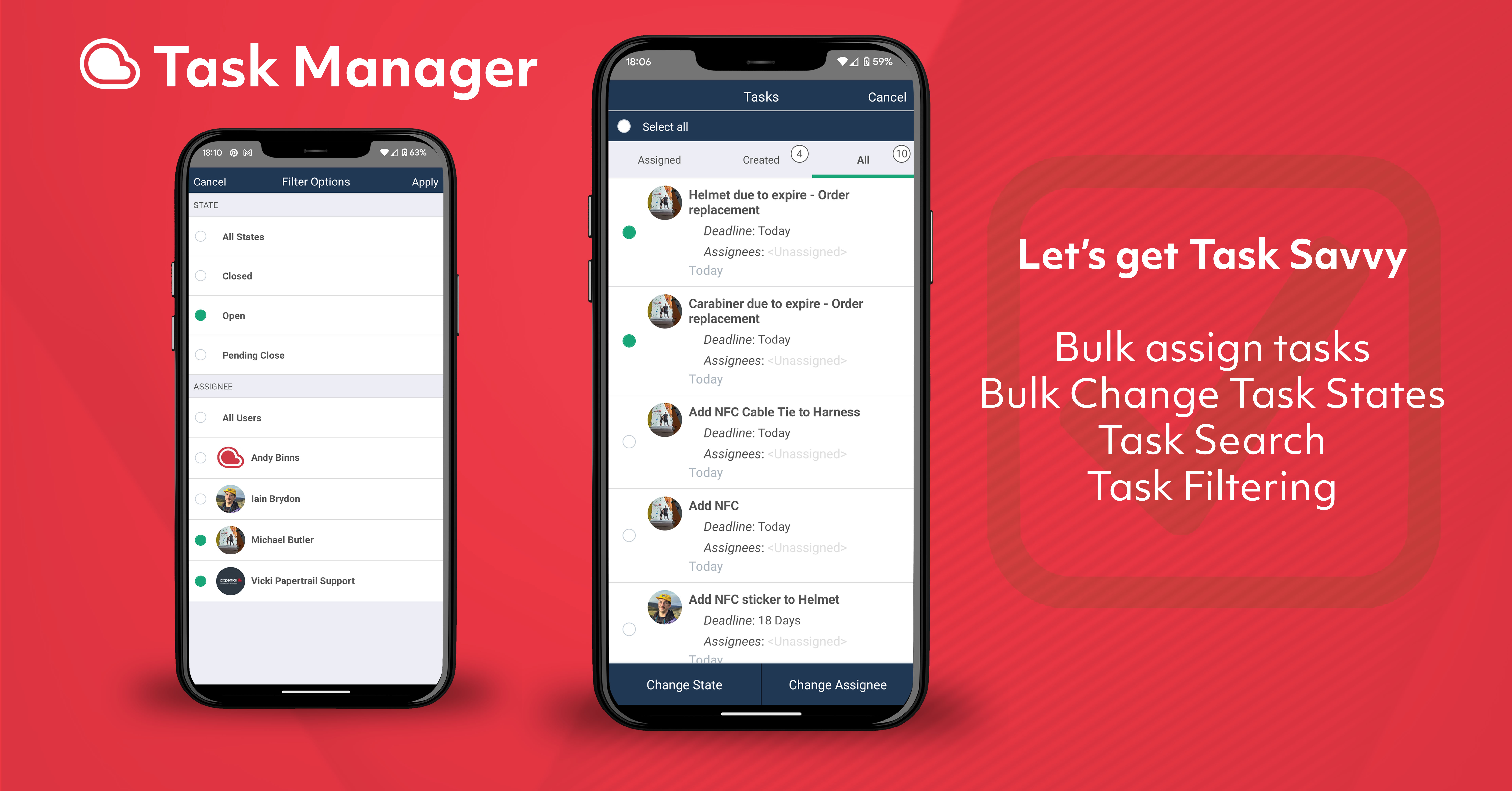How Operational Efficiency Can Improve Your Work-Life Balance

Organisations are stronger and more productive when employees perform at their best. It sounds logical, but too often, performance gets confused with putting in the hours. Working longer and harder is traditionally considered an achievement, which means operational efficiency isn’t always front of mind.
This is an attitude that society is having a hard time shifting, especially in the UK, Germany and America. Employees that desire a “work-life balance” are typically considered lazy or unmotivated. Technology is making it more difficult to switch off, with email, social networks and numerous other apps blurring the lines between work and home. If you are answering emails from your boss whilst your daughter is telling you about her day at school, what are you really present for? Who really has your attention?
Work-Life Balance Operational Benefits
The solution starts at work. Employees that promote more work-life balance also reap the rewards.
#1: Improved Employee Engagement. An Oracle report found that 54% of European HR managers believe that work that doesn’t encroach on home-life improves employee engagement, a key concern amongst talent directors.
#2: Better Health & Safety. This also contributes to reducing health and safety incidents and accidents, according to the National Institute of Occupation Safety and Health.
#3: Enhance Employee Branding. Job seekers also view companies with a culture that supports a work – life balance more favourably, particularly Millennials who rank those benefits higher than bonuses.

How to Improve Work-Life Balance: Operational Efficiency
The Chartered Management Institute (CMI) recommends that companies “consider ways in which organisational procedures and activities could be improved to make employees’ working lives less frenetic, stressful, or tiring.” In other words, improve operational efficiency.
Start small. No one person, or even a team of managers, can review an entire organisations’ operational practices. However, small changes, with a trial team, can demonstrate the wider benefits. Our expertise is compliance, governance and improving efficiency by reducing operational risk and improving health and safety practices. Therefore, we can consider the impact of our solutions on companies that are aiming to achieve more of a work – life balance for their employees.
Papertrail is a regulatory compliance, risk adjustment, asset management, and statutory inspection platform. We are already saving thousands of staff and contractors time and money managing safety compliance and statutory inspections.
Takeaways
Less time managing compliance – which can be time-consuming and is a task few people enjoy – means more time to focus on work that generates higher returns. Spending less time on compliance makes it easier for employees to juggle the rest of their workload, giving them more flexibility, more adaptive to business needs, and able to get balance with life at home that will make them more efficient and productive at work.
Efficiency isn’t about the hours your team work: It is about what they do with that time. Once you measure results, not inputs, it will make it easier to assess whether they need to spend hours managing compliance through legacy systems, or if that time could be better spent.
Want to increase operational efficiency and reduce compliance burdens? Download a copy of the white paper for FREE on ‘How to design and develop a smart PPE management system’, created for Equipment Managers to guarantee your PPE management system is smart and to reduce the risk of accidents and cut inspection times

Improve your inspection management system today




